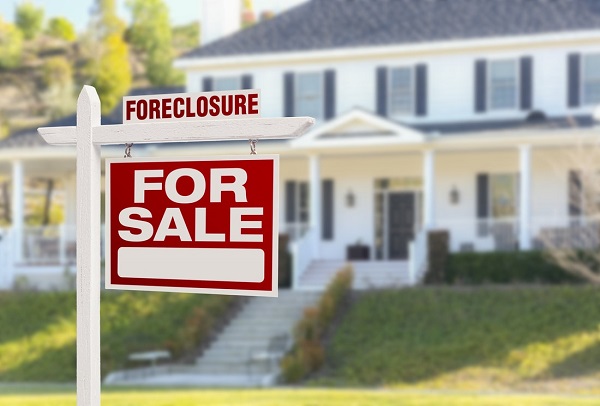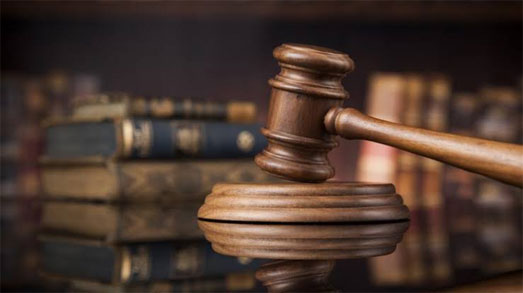Overview
 Facing bankruptcy can make anyone second guess themselves and their position in life. It’s not an easy situation to deal with, yet the constant calls from creditors, the stacking bills with various threats included, and all manner of situations that a debt crisis can bring you, it may seem like your only hope. Ceccotti & Masten can bring you the help you need to understand the bankruptcy process.
Facing bankruptcy can make anyone second guess themselves and their position in life. It’s not an easy situation to deal with, yet the constant calls from creditors, the stacking bills with various threats included, and all manner of situations that a debt crisis can bring you, it may seem like your only hope. Ceccotti & Masten can bring you the help you need to understand the bankruptcy process.
Is Bankruptcy Right for You?
The courts have consistently ruled that the purpose of the Bankruptcy Code is to provide qualified filers a financial fresh start. Many times, filing bankruptcy and starting over is the only way for people to rebuild their credit and move forward with their financial goals.
Bankruptcy can help extinguish many types of debts including credit cards, unsecured loans, medical bills, car repossessions, and judgments. There are also debts that bankruptcy may not discharge, such as student loans, taxes, past due child support, and criminal fines. You should consult with an experienced bankruptcy lawyer to determine whether bankruptcy is right for you.
 How does Bankruptcy Protect Me?
How does Bankruptcy Protect Me?
Once you file a Chapter 7 or Chapter 13 case, a stay on collection efforts is automatically instituted. This means that if any of your creditors that were notified of your filing continue to make collection efforts, they are violating bankruptcy laws which can have legal consequences. The automatic stay continues for the duration of your case, until the case either concludes, or the creditor successfully obtains permission from the Bankruptcy Court to continue collection efforts. The automatic stay helps people to stop foreclosure actions and sheriff sales, stop repossessions or retrieve property that has been repossessed, stop harassing phone calls, and put an end to onerous billing in the mail.
Further, if you successfully obtain a bankruptcy discharge, an injunction is placed against those same creditors from continuing to collect after your case concludes. If a creditor attempts to collect discharged debts, those efforts will also have legal consequences.
Which Bankruptcy Should You File?
Chapter 7
A Chapter 7 bankruptcy is a very brief liquidation bankruptcy. Debtors who file under Chapter 7 and successfully obtain a discharge will see relief from most of the debts causing anxiety and stress in their lives, like credit cards and loans. To qualify for a Chapter 7 Bankruptcy, you must meet the requirements regarding income, expenses, and assets. Also, to qualify for Chapter 7, you may not have received a previous Chapter 7 discharge in the past 8 years or a Chapter 13 discharge in the past 4 years.
If I file Chapter 7 Bankruptcy, will I lose all of my assets?
No. This is one of the most frequently asked questions by those considering bankruptcy, and it is a common misconception that Debtors who file Chapter 7 will lose everything. While the bankruptcy code does require a Chapter 7 trustee to liquidate a filer’s assets, individuals who file under Chapter 7 are afforded exemptions to protect the value of their assets. Most Debtors who file Chapter 7 find that their assets are protected by these exemptions and can keep their assets.
A Chapter 7 filing, however, will not help you protect assets that are secured by loans, i.e. a house or a car, if you are not current with those loans. Those creditors retain their rights to collect against the collateral if you do not pay them.

Chapter 13
A Chapter 13 Bankruptcy is a reorganization bankruptcy for individuals. A Chapter 13 Bankruptcy is 3-5 years in duration. A Chapter 13 filing includes a monthly repayment plan to help you pay back your creditors.
The most common reasons to file a Chapter 13 Bankruptcy are:
- You are behind on a mortgage, facing foreclosure, or need to stop a sheriff sale, and want to use the plan to catch up on missed payments;
- You are behind on a car loan and want to use the plan to finance the vehicle and avoid repossession;
- You want to reacquire a vehicle that has recently been repossessed and finance the loan through the plan;
- You owe past due taxes that cannot be discharged and want a payment plan to repay them;
- You make too much income to discharge all of your debts in a Chapter 7 Bankruptcy and need a plan to repay a percentage of your debts;
- Your assets are worth more than can be exempted in a Chapter 7 case and you need a plan to repay the equity so that you do not lose the asset.
You may qualify for a Chapter 13 Bankruptcy if you make enough income to pay long term secured debt (for example a mortgage), a Chapter 13 Plan, and necessary expenses (food, insurance, etc.). You may not qualify for a discharge if you have you have recently received a discharge under a previous Chapter 7 or Chapter 13 filing.
Contact us for free consultation.
